Economies
WHO seeks G7 support to meet vaccination targets
The Director-General, World Health Organisation (WHO), Dr Tedros Ghebreyesus has solicited the support of G7 health ministers to meet vaccination targets by the end of the year. In his remarks at the G7 Health Ministers’ meeting in Oxford, Ghebreyesus appealed to the ministers to provide leadership for strengthening WHO on sustainable financing. “First, we seek your support for reaching our vaccination targets for September and the end of the year; sharing doses with COVAX now is essential for achieving those targets. “We need 250 million doses by September and we need 100 million doses just in June and July. “As G7 nations, you are in a unique position to pool doses and make this happen; second, we seek your leadership for strengthening WHO, including through sustainable and predictable f...
France, African leaders push to redirect $100 billion in IMF SDR reserves by October
French President Emmanuel Macron said on Tuesday a summit in Paris on Africa financing had agreed to work towards persuading rich nations by October to reallocate $100 billion in IMF special drawing rights monetary reserves to African states. Impoverished African economies must not be left behind in the post-pandemic economic recovery and a substantial financial package is needed to provide much-needed economic stimulus, African and European leaders concluded at a summit in Paris. In the immediate term, that meant accelerating the COVID-19 vaccine rollout and creating the fiscal breathing room for African nations, which will face a spending shortfall of some $285 billion over the next two years, the summit communique showed. The communique set out a two-pronged response based on addressing...
World Bank: Nigeria responsible for over 40 percent diaspora remittances in Sub Saharan Africa
The World Bank says Nigeria is responsible for over 40 percent of diaspora remittances in Sub Saharan Africa (SSA). In a statement on Wednesday, the Washington-based financial institution said remittances to SSA declined by an estimated 12.5 percent in 2020 to $42 billion. The decline was almost entirely due to a 27.7 percent decline in remittance flows to Nigeria, “Remittances to Sub-Saharan Africa declined by an estimated 12.5 percent in 2020 to $42 billion,” the statement read. “The decline was almost entirely due to a 27.7 percent decline in remittance flows to Nigeria, which alone accounted for over 40 percent of remittance flows to the region. “Excluding Nigeria, remittance flows to Sub-Saharan African increased by 2.3 percent. “Remittance growth was reported in Zambia (37 percent), ...
Analysts: Printing currency could hurt economy
Analysts have expressed concerns over a recent claim that the federal government resorted to printing money to augment the monthly allocation to the three tiers of government, warning that it could heighten inflationary pressure with dire consequences for the country’s exchange rate and economy. The analysts, in separate interviews with newsmen, warned that a sustained policy of printing the currency, if not well managed, would hurt the economy. The concern came on the heels of recent revelation by Governor of Edo State, Mr. Godwin Obaseki, that due to the dwindling revenue in the face of declining oil revenue arising from the growing sources of alternative sustainable energy, the federal government had to print money to augment the amount available for sharing by the federal, state and lo...
Nigeria to benefit as G-20 approves extension of debt relief
Finance ministers of G-20 countries have approved an extension of debt relief for the world’s poorest nations till December 2021. David Malpass, World Bank president, made the announcement at the virtual spring meeting, on Wednesday. TheCable had earlier reported that the G-20 countries will meet this week to consider an extension of the debt freeze. The G-20, is a group of finance ministers and central bank governors from 19 of the world’s largest economies, including those of many developing nations, along with the European Union. G-20 countries had established a debt service suspension initiative (DSSI) which took effect in May 2020. Nigeria had benefited from the initiative which delivered about $5 billion in relief to more than 40 eligible countries. The suspension period which was or...
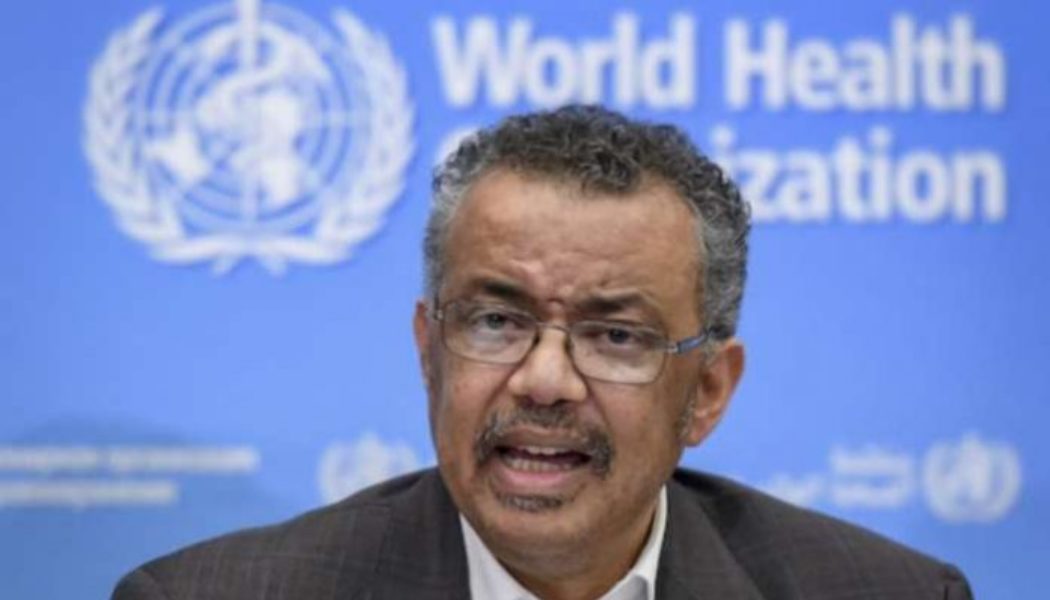

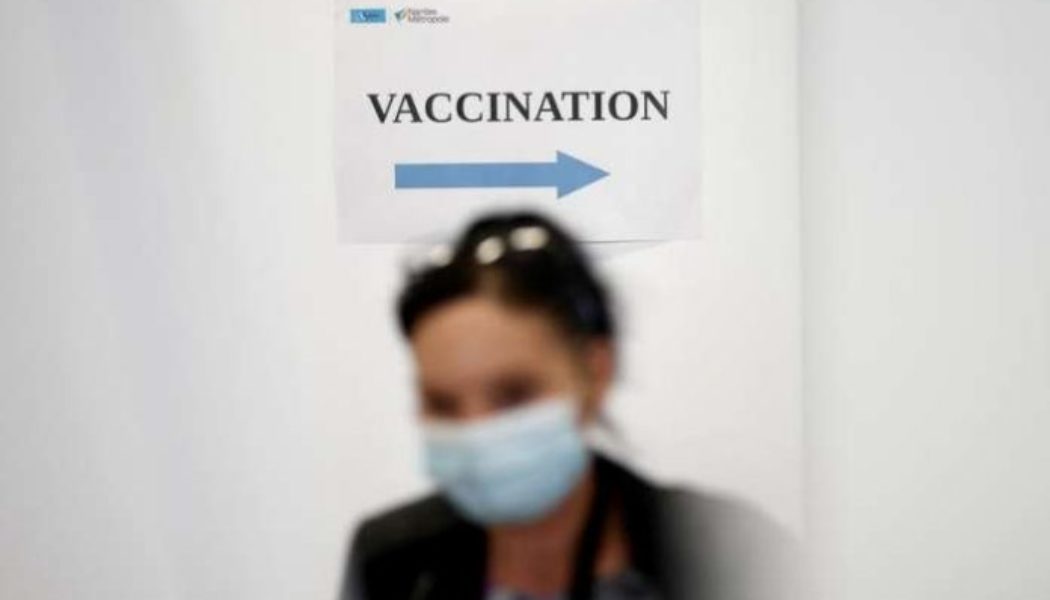

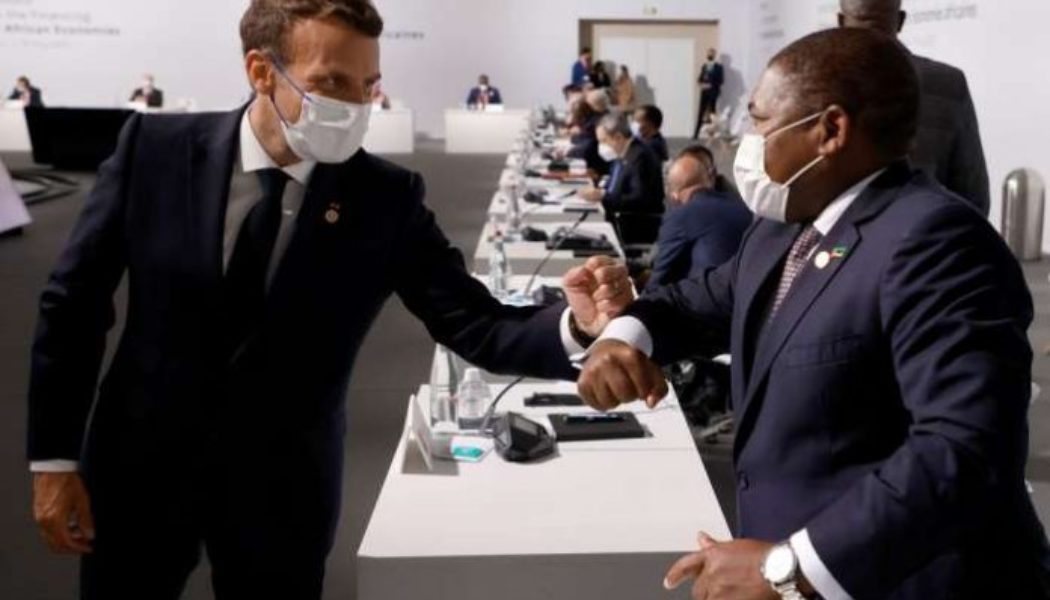



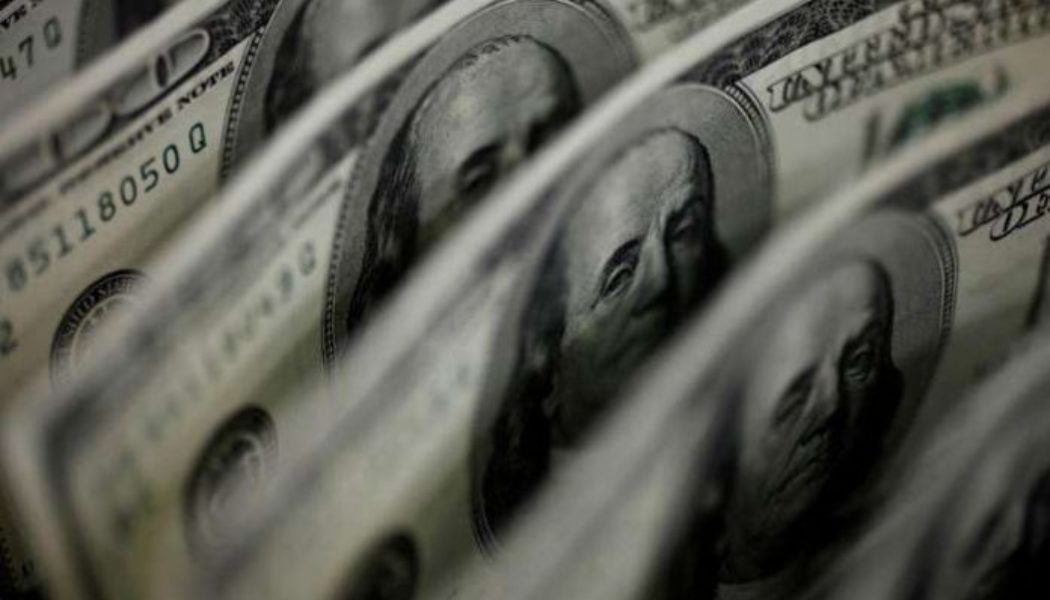

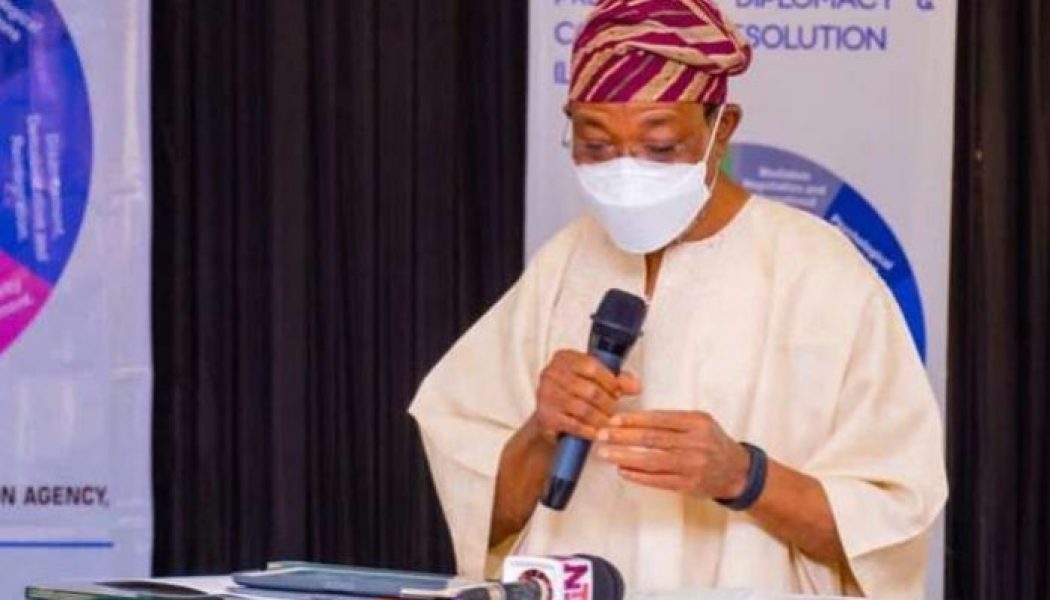

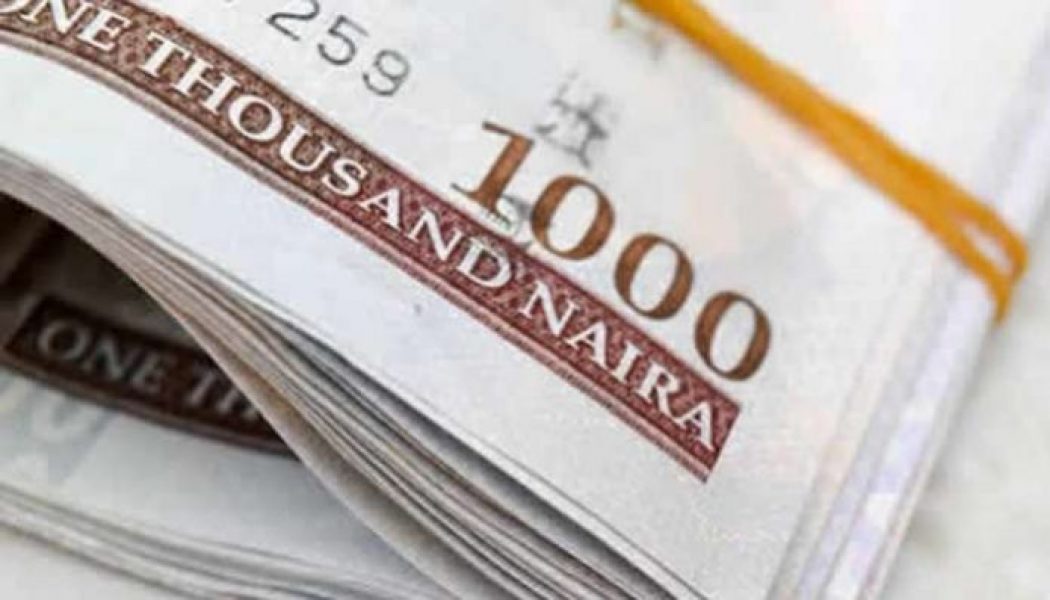

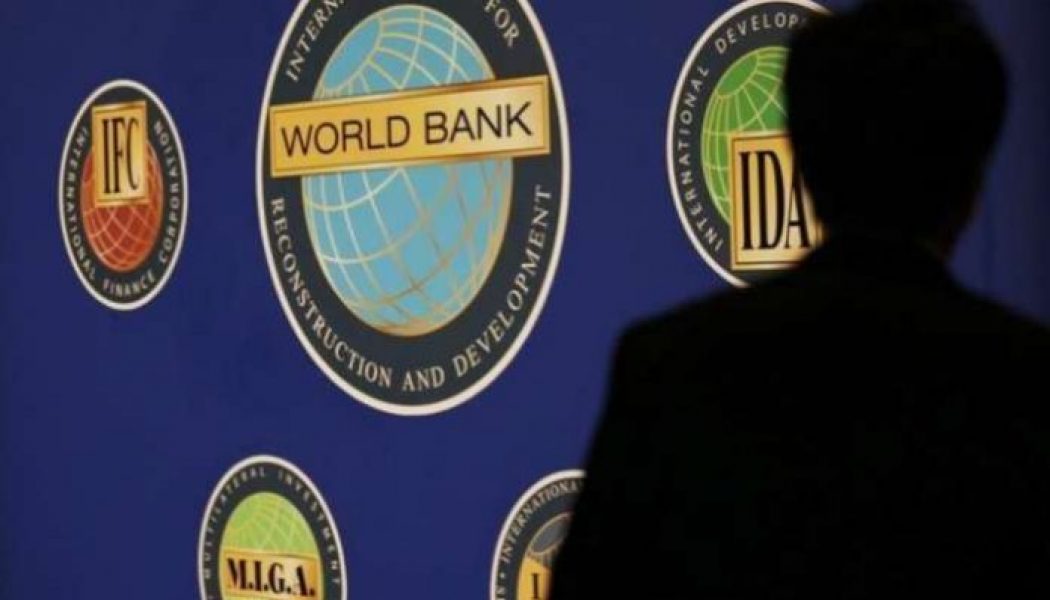

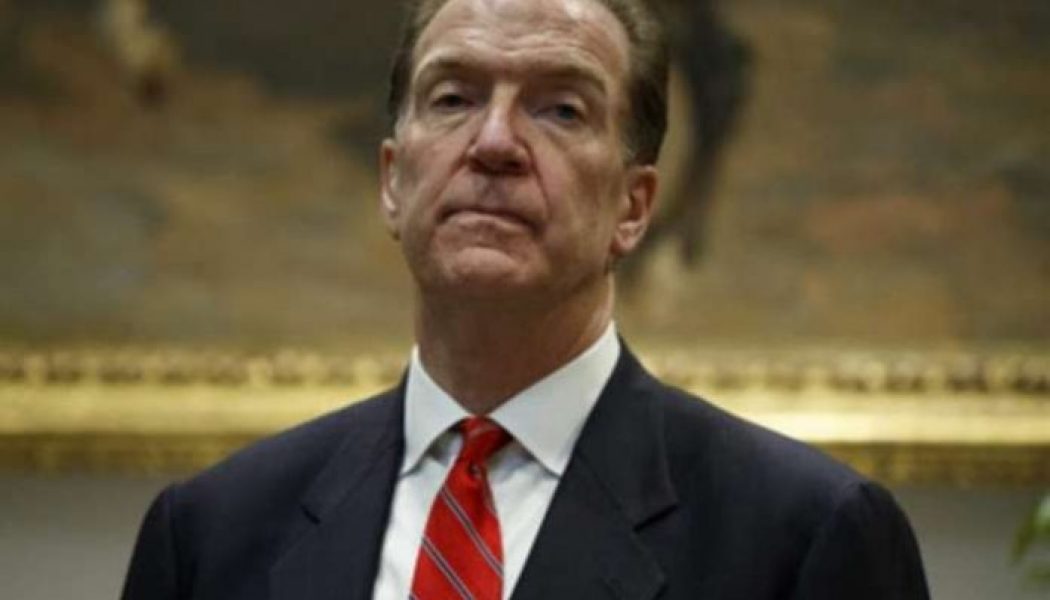

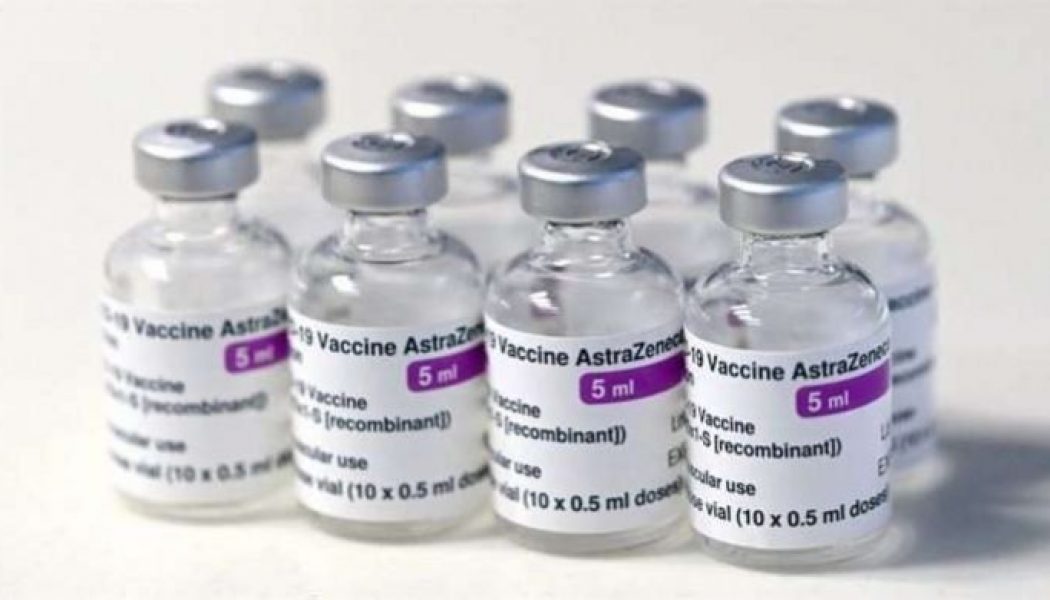

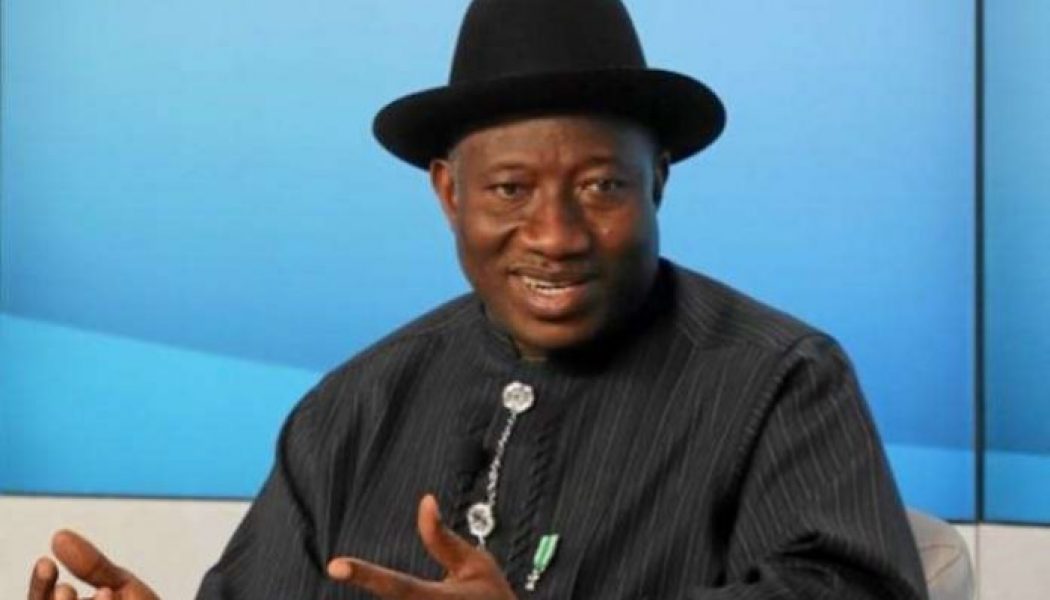

Understanding the strength of small businesses
The number of small businesses keeps growing in the formal and informal sectors of the Nigerian economy, due to the role of small businesses as the live-wire of any economy and the backbone of major developed economies the world over. Though Nigeria rely majorly on oil and revenues derived from it, from context observation the economy is largely supported by small businesses covering almost all spheres of activities within the country, ranging from Nano, kiosk, and Micro businesses most importantly. A visible reference usually includes the vulcanizers, corner shop owners, single retail marketers, repairers, painters, business center operators, restaurants, market women, and men in the various open markets, among others. and the formal operations such as the law firms, accounting firms, con...